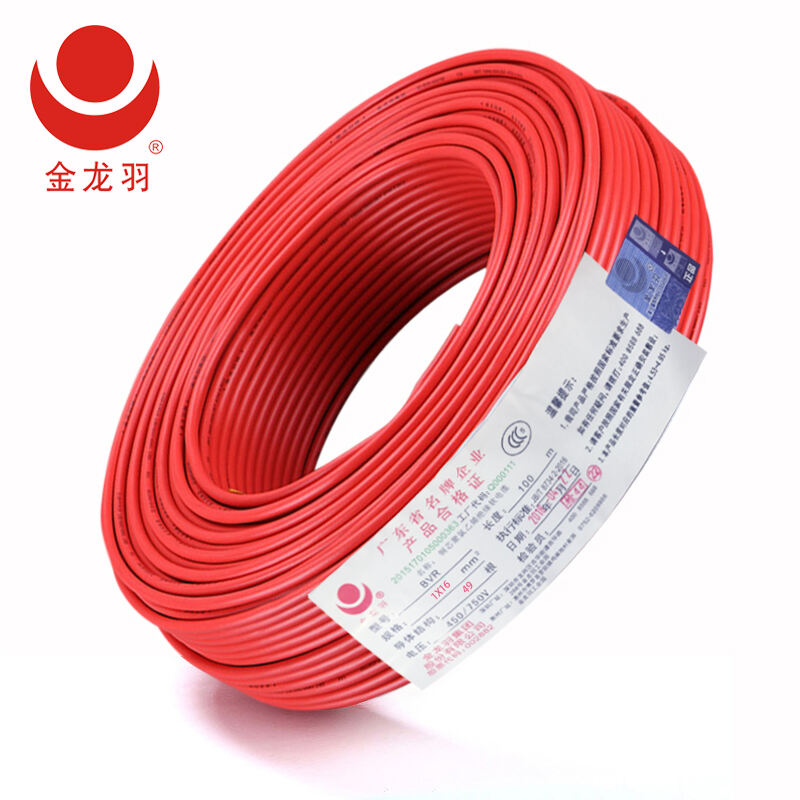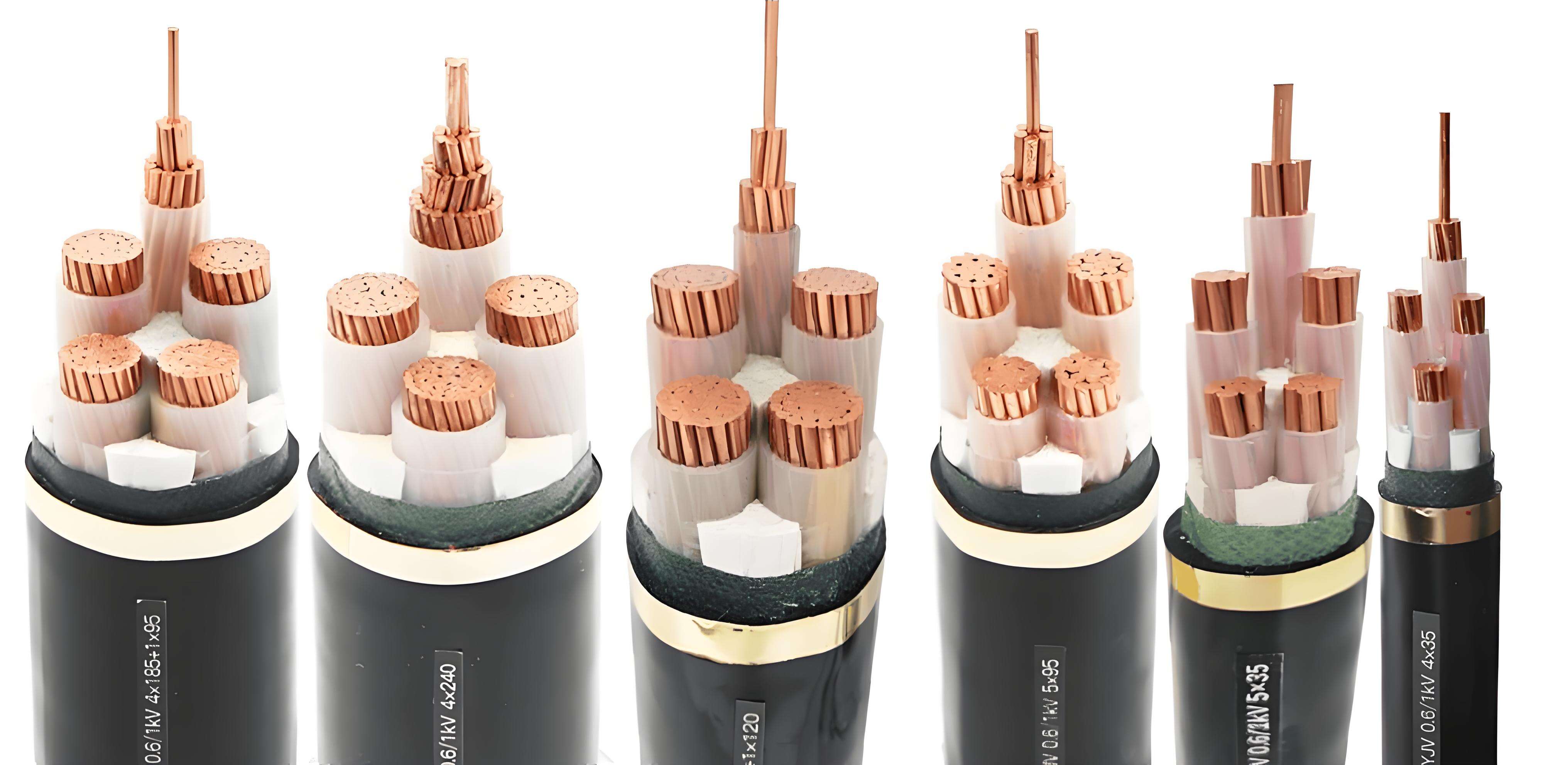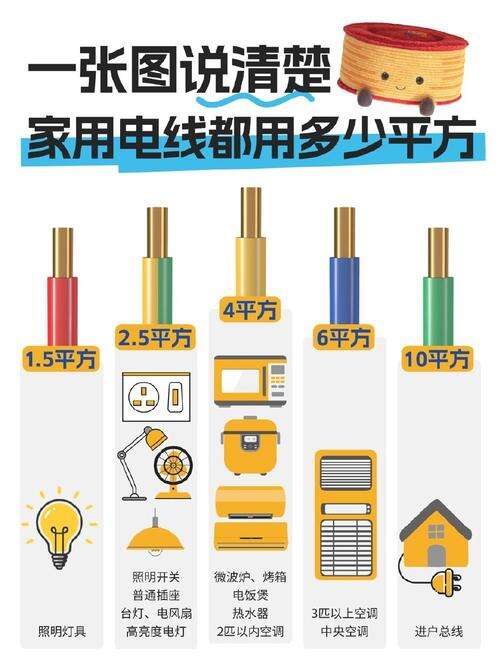Selecting wires for indoor use requires considering several factors to ensure safety, functionality, and compatibility with the intended application. First, determine the required voltage and current capacity to avoid overloading, with common indoor wires like BVR and BVV suitable for different power needs. For safety, opt for flame-retardant or low-smoke halogen-free cables, especially in residential and commercial buildings, to minimize fire risks and toxic fumes. The insulation material is crucial—cross-linked polyethylene or PVC insulation offers durability and electrical resistance, while stranded conductors provide flexibility for easy installation in tight spaces. Consider the environmental conditions, such as temperature and humidity, and choose cables certified for indoor use, like those meeting GB/T standards. Additionally, check for proper certifications, such as the China Compulsory Certification (CCC), to ensure compliance with safety regulations and quality standards.


